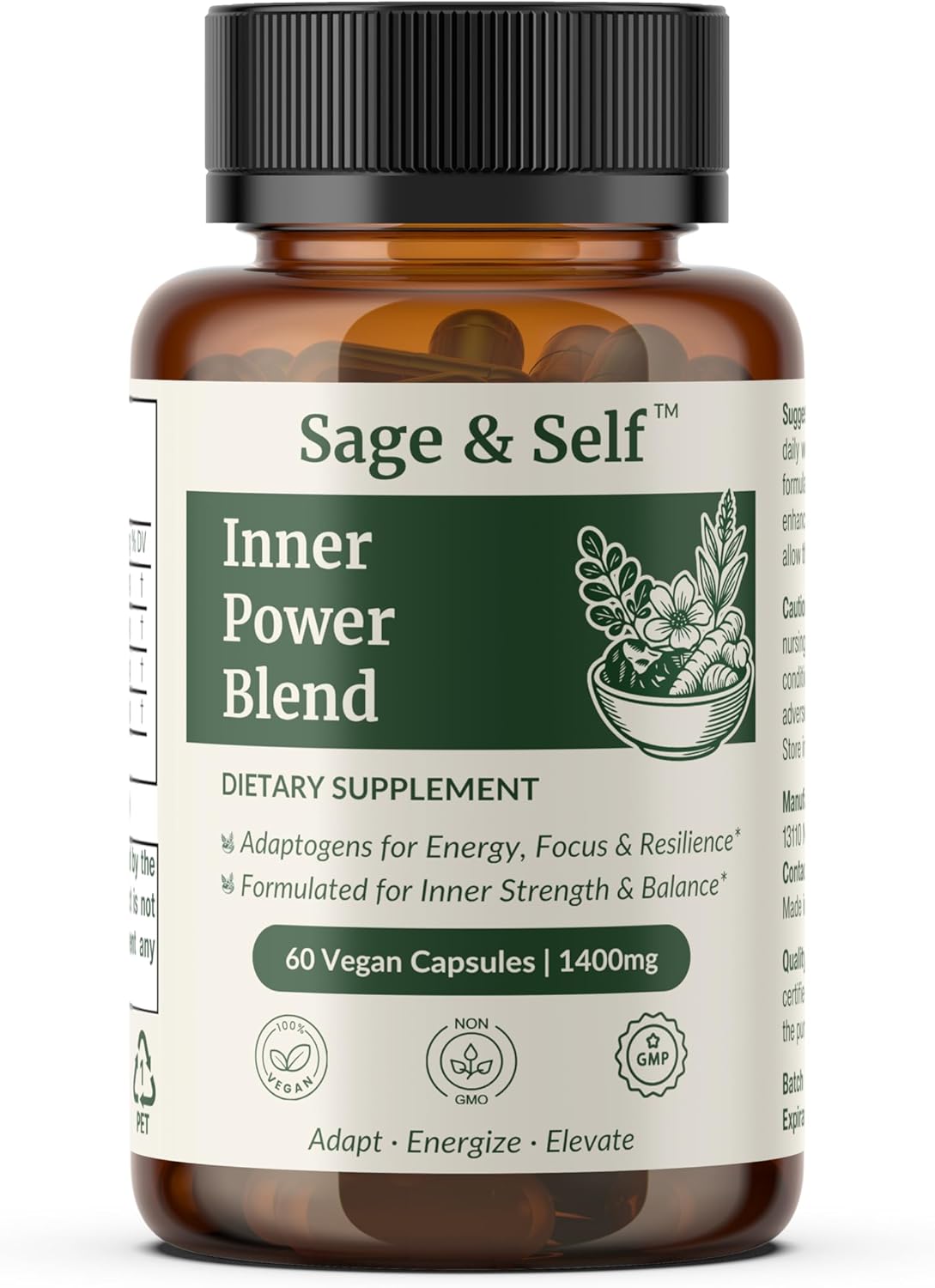Ashwagandha
Ashwagandha, also known as Indian Ginseng, is a popular herb in Ayurveda, the traditional medicine of India.
It is known for its stress and anxiety-reducing properties and is considered the king of Ayurvedic herbs. Although there are claims that it can improve physical performance, increase testosterone levels, and enhance reproductive health, more research is needed to validate these effects.

Ashwagandha:
The Ayurvedic Wonder Herb
Ashwagandha is an adaptogen, meaning it’s believed to boost the body’s ability to handle stress. Despite numerous studies on rodents and cell cultures that suggest the herb provides a wide range of health benefits, there is limited direct evidence to support these effects in humans. The root of the ashwagandha plant is commonly used in supplement form and is recognizable by its horsey scent, which is derived from the Sanskrit words “ashva” meaning horse, and “gandha” meaning smell.
The Science of Ashwagandha:
Ashwagandha is a root extract that is abundant in active compounds such as withanolides, which account for its therapeutic properties.
The plant has over 30 different withanolides, each with distinct properties, including anti-inflammatory, anti-cancer, and immunomodulatory effects.

Additionally, Ashwagandha is rich in antioxidants, which are critical in protecting the body from the harmful impacts of free radicals. These free radicals can cause oxidative stress, linked to numerous health problems such as cardiovascular disease, cancer, and neurological disorders.
Ashwagandha for Stress and Anxiety:
One of the most popular benefits of Ashwagandha is its ability to reduce stress and anxiety, due to its adaptogenic properties, which aid the body in managing stress. By lowering the impact of stress on the body, Ashwagandha helps to decrease cortisol levels, the hormone responsible for stress and anxiety.

Ashwagandha has also been shown to raise levels of serotonin and dopamine,
the neurotransmitters crucial for regulating mood and reducing depression symptoms. By balancing these neurotransmitters, Ashwagandha can decrease anxiety and depression symptoms.
Ashwagandha for Insomnia and Fatigue:
Insomnia and fatigue are typical symptoms associated with stress and anxiety. Ashwagandha has been shown to effectively reduce both of these symptoms due to its ability to lower cortisol levels, the hormone responsible for sleep disruption and fatigue. By lowering cortisol levels, Ashwagandha enhances sleep quality and reduces fatigue symptoms.
Furthermore, Ashwagandha has been proven to increase energy levels in the body, helping to reduce fatigue symptoms and improve overall quality of life and well-being.
Ashwagandha for Weight Loss:
The benefits of ashwagandha are many. It can be grown from roots and leaves. Not only does it have multiple health benefits. It also helps with weight loss.
Ashwagandha is a natural antioxidant that improves overall health.
These antioxidants boost metabolism, reduce inflammation, and help burn stored fat in the body.
Ashwagandha helps strengthen the immune system. Helps put energy back into the weight loss process. The herb also helps fight inflammation due to its antibacterial properties.When the body’s immune function is compromised, weight loss stalls until the body improves. Improving immunity has a positive effect on weight loss. Ashwagandha boosts the body’s immune function and promotes healthy weight loss.
Stress levels or high cortisol levels are one of the main causes of weight gain. Ashwagandha can help you maintain a healthy weight because it helps reduce stress and anxiety.
Hypothyroidism is a leading cause of weight gain. Ashwagandha helps regulate thyroid hormone levels.
When cortisol levels rise, insulin is released and the body consumes blood sugar and stores it as fat. Ashwagandha improves insulin sensitivity and regulates blood sugar levels. As a result, it helps you lose unwanted weight.
Ashwagandha for Joint Pain:
Joint pain is a common issue, particularly with aging, Ashwagandha has been proven effective in reducing joint pain and inflammation, thanks to its anti-inflammatory properties. By decreasing joint inflammation, Ashwagandha enhances joint mobility and reduces joint pain symptoms.
Ashwagandha also improves bone health by raising bone density and lowering the risk of osteoporosis, due to its ability to increase calcium levels, crucial for strong bones.
Ashwagandha for Cognitive Function:
Ashwagandha has been proven to enhance cognitive function by boosting memory and concentration, thanks to its ability to raise acetylcholine levels, the neurotransmitter important for cognitive function and memory. Additionally, Ashwagandha has neuroprotective effects, which can protect against neurological disorders like Alzheimer’s and Parkinson’s.

Understanding Ashwagandha’s Impact on Testosterone:
Testosterone, a key androgen hormone in the human body, is important for overall health and well-being. Low levels of testosterone can result in symptoms such as reduced bone density, decreased muscle mass, fatigue, and a decreased sex drive. As we age, testosterone levels naturally decline, and other health conditions can further lower these levels.

Testosterone, a key androgen hormone in the human body, is important for overall health and well-being. Low levels of testosterone can result in symptoms such as reduced bone density, decreased muscle mass, fatigue, and a decreased sex drive.
As we age, testosterone levels naturally decline, and other health conditions can further lower these levels.
Enter ashwagandha, a supplement that is gaining popularity for its potential impact on testosterone. Although more research is needed to fully understand how ashwagandha affects testosterone levels, some theories suggest that its antioxidant properties, effect on luteinizing hormone production, and anti-stress properties may all play a role.
It’s important to note that while ashwagandha may increase testosterone levels in men, it may have negative effects on fertility in women. Women with conditions like polycystic ovarian syndrome should consult a healthcare professional before adding ashwagandha to their routine.
In conclusion, ashwagandha may offer potential benefits for testosterone levels, especially in reducing stress and oxidative stress. If you are considering a testosterone test or supplement, it is advisable to speak with a healthcare professional first.





